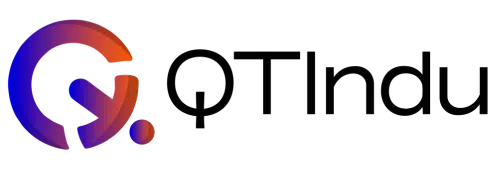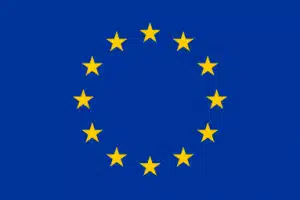Quantum Communication and Quantum Network Explorer
A quantum network is very similar to a classical network (such as the internet), where we send and receive digital information. But unlike a classical network, a quantum network utilizes quantum bits, or qubits, to transmit and process information. By exploiting principles such as entanglement and superposition it enables quantum communication protocols with applications in secure communication and distributed computing. This course aims to provide you with an introduction to this new and exciting field. It will focus on protocol and application development and simulation of quantum networks. What makes this course stand out is the utilization of QuTech’s Quantum Network Explorer (QNE) to demonstrate the capabilities of quantum networks. Using the various simulation tools provided by the platform, you will be able to experiment with quantum network applications, enabling you to discover the possibilities that this new technology offers.
This course has been developed with support from:
This project has received funding from the European Union’s Digital Europe Programme under grant agreement no. 101100757.

